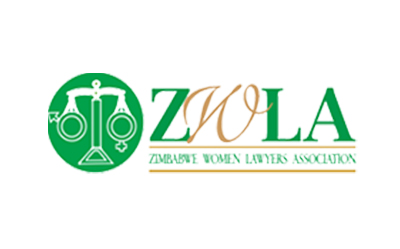
Work is a place where many activities take place. These activities may be harmful to both men and women depending on behaviour that is portrayed by different individuals and how it is viewed by the recipient.
Sexual harassment is conduct that may affect especially women in the workplace and in this article I will explore what sexual harassment is, the law regulating such conduct and how it affects women particularly.
Sexual harassment comprises a range of behaviour from verbal teasing to conduct that is criminal, for example criminal assault. It is generally associated with requests for sexual favours, sexual advances or other sexual conduct when giving in is either directly or indirectly a condition affecting decisions; the behaviour is of a degree that creates an intimidating or uncomfortable environment for the victim; or the harasser continues with such behaviour despite objection from the victim against whom it is directed. Sexual harassment may occur in many social settings. For purposes of this discussion, reference will be made only to sexual harassment in the workplace.
Under national law, Section 24 of the Constitution is an aspirational provision of the right to work. In light of this provision section 65 confers labour rights on every person and refers directly to the right to fair and safe practices and standards. By its definition, an act of sexual harassment constitutes a violation of the constitutionally protected right to fair labour standards and also violates the right to full and equal dignity. The right to fair and safe labour standards is realised under the provisions of the Labour Act [Chapter28:01] whose primary purpose is regulation of the employer-employee relationship. The Act narrowly defines sexual harassment through inference from section 8(h) which provides for unfair labour practices. Under this provision, engaging in unwelcome sexually determined behaviour towards an employee, whether verbal or otherwise, such as making physical contact or advances, sexually coloured remarks or displaying pornographic material in the workplace constitutes commission of an unfair labour practice. Although this definition does not explicitly provide for sexual harassment, the conduct it describes is actually sexual harassment. Sexual harassment comes under the ambit of unfair labour practices and the prescribed penalties are cessation of the practice of sexual harassment, compensation for such acts and criminal sanctions against the perpetrator. However, all the prescribed remedies are somewhat insufficient in that, firstly, there is no formula for calculating the amount of compensation in relation to the harm done; secondly, the remedies do not address the psychological harm experienced by the victim through recourse to rehabilitative services; and lastly there are no mechanisms to prohibit punishing action by the perpetrator and/or his or her sympathisers in the future.

 Contact us for
Contact us for 